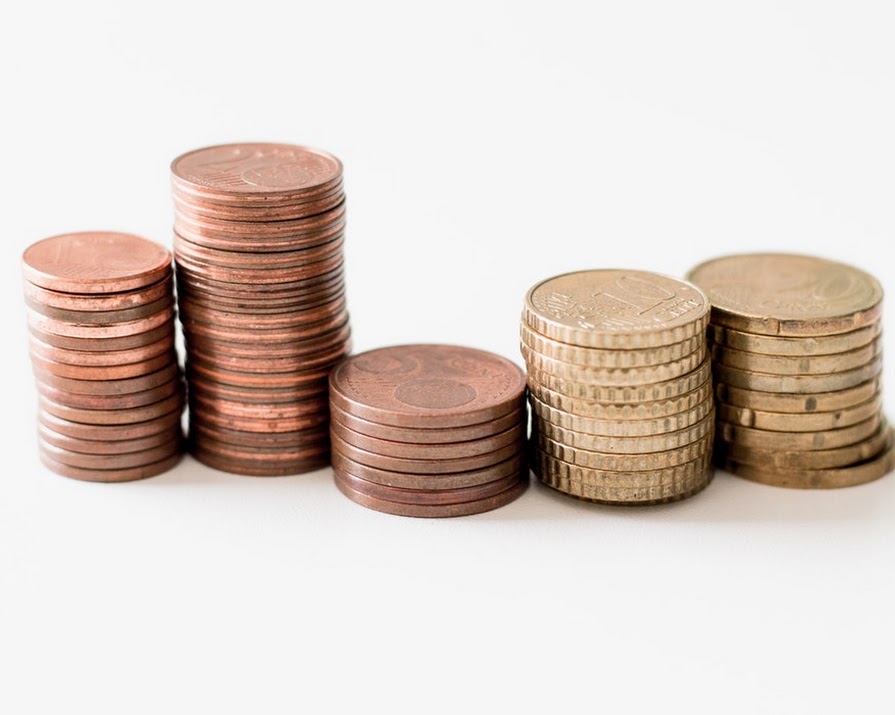
By Colette Sexton
09th Oct 2018
09th Oct 2018
Colette Sexton, news correspondent at The Sunday Business Post, on what we can expect from Budget 2019.
Budget Days in Celtic Tiger Ireland meant the Minister for Finance posing outside Leinster House with their family dressed in their Sunday best. They meant tax cuts and increased spending. They made it feel like the good times would last forever, but those days are but a distant memory now.
Unlike those heady days, Budget 2019, which will be announced today at 1 pm, will not be a giveaway budget. Instead, it will be the first balanced budget since the recession, as revenue equals expenditure. That being said, it is likely to be the last budget before the next general election, so the government will be eager to introduce some popular policies.
The government has an overall budgetary spend of €3.4 billion this year, but €2.6 billion of that has already been committed. This leaves €800 million to be allocated today, and only about €200 million of this can be used for tax cuts. Today’s budget might mean a few extra coins for the average person each month, but we won’t be running out to buy Mini Coopers or apartments in Bulgaria tomorrow morning.
Here are the main things to look out for when Minister for Finance Paschal Donohoe begins speaking in the Dail today:
-
Income tax
For those who look in dismay at how much tax they pay in every pay packet (I’d wager all of us!), there will be some cuts to income tax. This could take the form of increasing the band at which people enter the higher rate of tax. Currently, workers pay tax at a rate of 20 per cent on earnings of up to €34,550, and 40 per cent above that. The USC rate, which was introduced during the dark days of the recession, might also see some changes.
Fianna Fáil’s finance spokesperson Michael McGrath said his party wants to cut the third rate of the USC, which is a rate of 4.75 per cent paid on income over €19,300 and below €70,000. While Fianna Fail are not in government, the government will need their support to vote through budget legislation, so their opinion matters. It is likely that there will be some combination of changing the higher band of tax and reducing USC charges to keep politicians on all sides happy.
For those who are self-employed, the government might introduce a higher tax credit. The self-employed tax credit was increased to €1,150 in Budget 2018, but this is still short of the €1,650 tax credit for PAYE workers.
-
Welfare
The Taoiseach Leo Varadkar said at the weekend that this budget would reserve the cuts made to social welfare and pensions over the past decade. A €5 increase for everyone on the state pension and social welfare for the third year in a row is expected, according to The Sunday Business Post. However, the newspaper also reported that instead of an increase in universal child benefit payments, the Budget will attempt to target children living in poverty. This means payment increases for children of people living on welfare payments. The weekly qualified child allowance of €31.80 will go up by €2.20 for children under 12, while it will rise by €5.20 for children over 12.
The Christmas bonus is expected to be fully restored for welfare recipients in Budget 2019. Currently, welfare recipients receive an extra 85 per cent of their weekly payment in early December. The payment will be increased to 100 per cent this year.
Prescription charges are also expected to be reduced for medical card holders aged over 70 by 50 cent so they will now pay €1.50 per item.
-
Childcare
The government is under increasing pressure to help families with childcare, particularly those in the “squeezed middle”. It has been reported that new parents will each get two extra weeks of paid parental leave in the first year of their baby’s life, but that has not been confirmed. We are still in the dark about whether there will be any meaningful changes to childcare policy.
Early Childhood Ireland, the representative body for 3,800 childcare providers, has been lobbying the government heavily in advance of the government. Last week, Frances Byrne, its director of Policy and Advocacy, said “chronic underinvestment” in early years care and education was crippling families and providers nationwide. The organisation has called on Government to commit to increasing budget allocation for childcare by a minimum of €250 million every year for the next five years. Whether this will happen remains to be seen, as childcare was one of the last topics to be agreed on ahead of the budget announcement.
-
Housing
With thousands of homeless people across the country, and tens of thousands forced to pay extortionate rents, housing is the biggest crisis this government is facing. The Labour Party has called for money that was committed to the “rainy day fund” to instead be invested into a new bank to fund house building, but it is unlikely this will happen. Sinn Fein has called for tax relief for renters that would give them back one month’s rent annually. It is unlikely that the government will introduce either Labour or Sinn Fein’s proposals, but it will have to be seen to be doing something to ease the housing emergency in the budget.
Some believe this could take the form of a special savings scheme for first time buyers, an affordable housing scheme to build houses on state land, and a grant for people to allow them to build granny flats, while those in the construction industry have been lobbying the government to cut VAT on houses to stimulate building. It is likely that landlords in Ireland, of which there are 174,000, will benefit with their tax relief on mortgage interest payments rising from 90 per cent to 100 per cent.
-
Additional costs
If any or all of the tax cuts above are introduced, the government will have to make money elsewhere. Paschal Donohoe is said to be eager to introduce a carbon tax, meaning that the price of home heating will go up. Want to get away from it all? Petrol and diesel taxes are not expected to increase but staycations might get more expensive regardless, as it looks likely that the VAT rate on hotels and restaurants will be increased. The 13.5 VAT rate was cut to 9 per cent in 2011 as a temporary measure, and has remained at 9 per cent since. If that’s all enough to make you want to reach for a glass of wine: excise duty on alcohol is not likely to increase, but cigarettes will.
There you have it. Unless Paschal Donohue has managed to keep the majority of his fellow politicians, and in turn, journalists in the dark, it is unlikely that there will be any other major announcements, but we might have enough extra in our pockets each month to buy a box of Krispy Kreme doughnuts.























